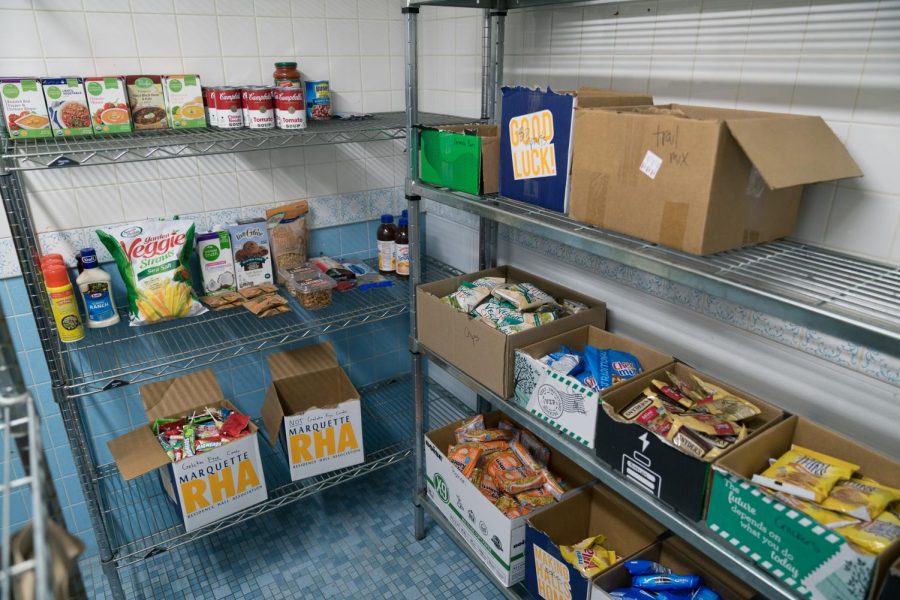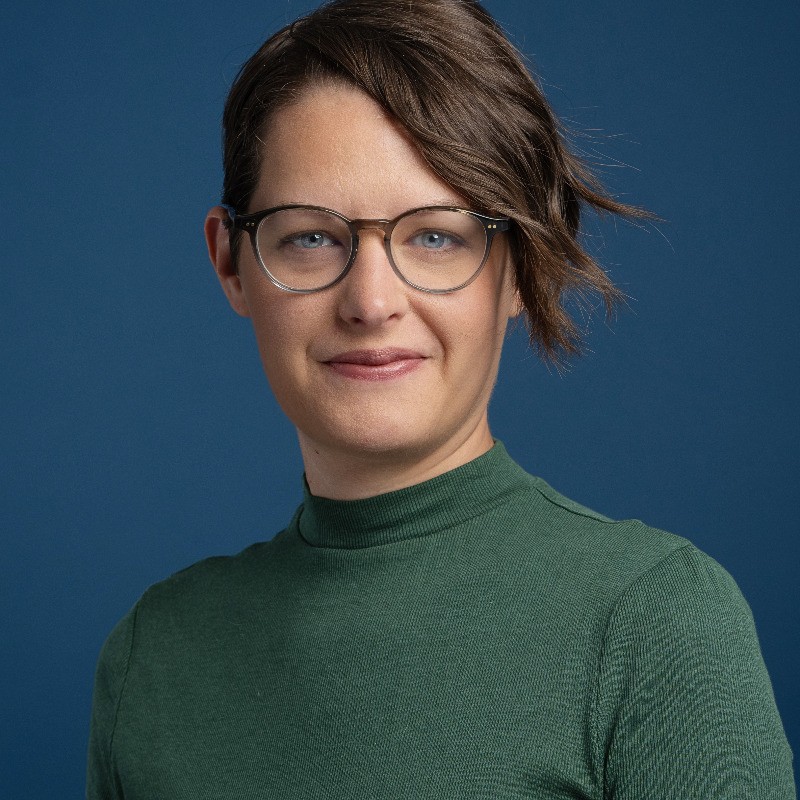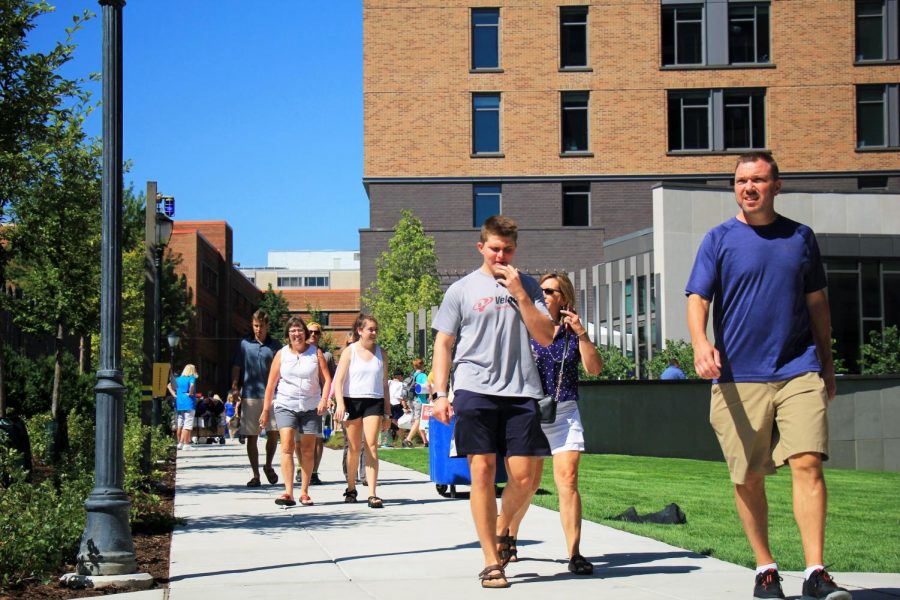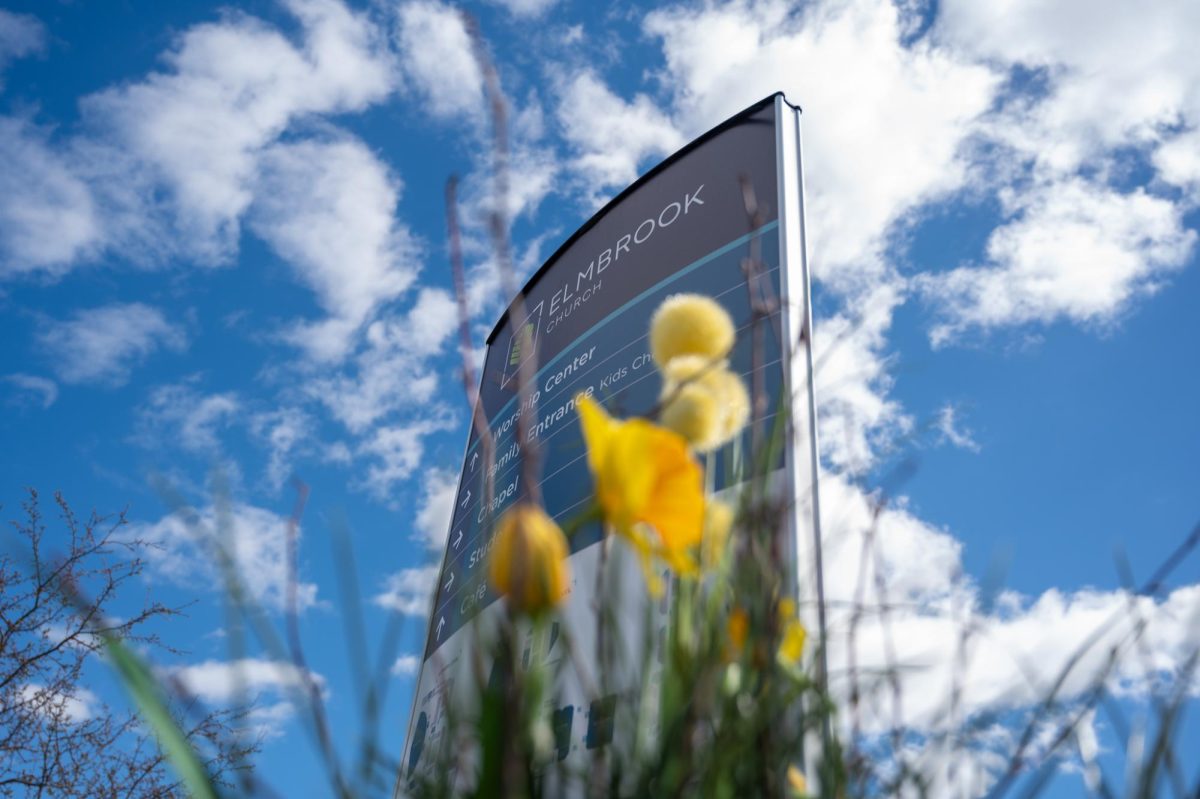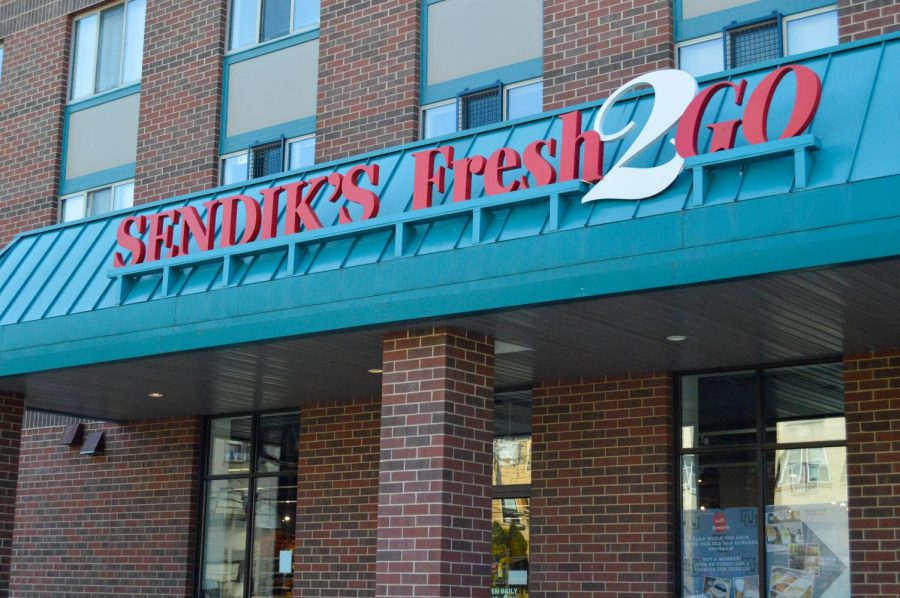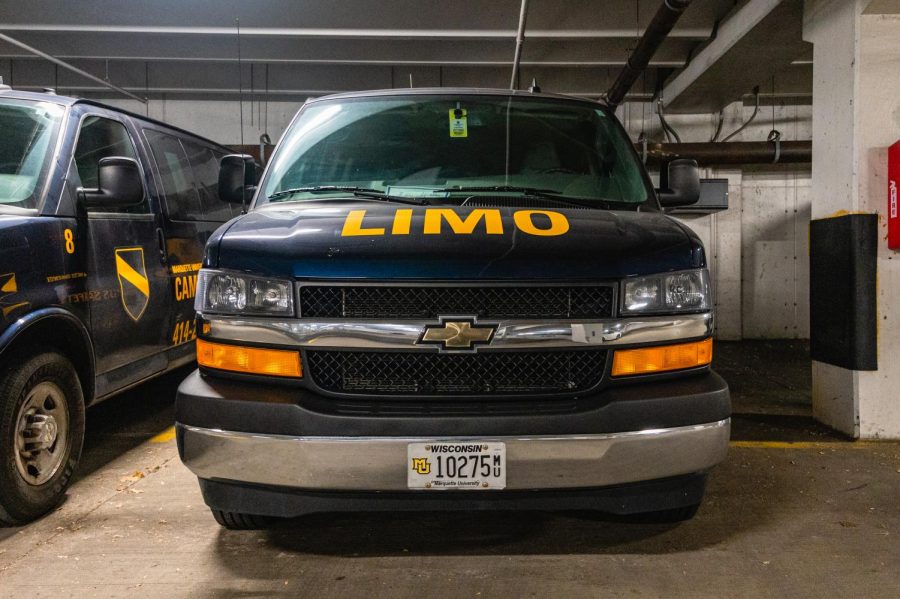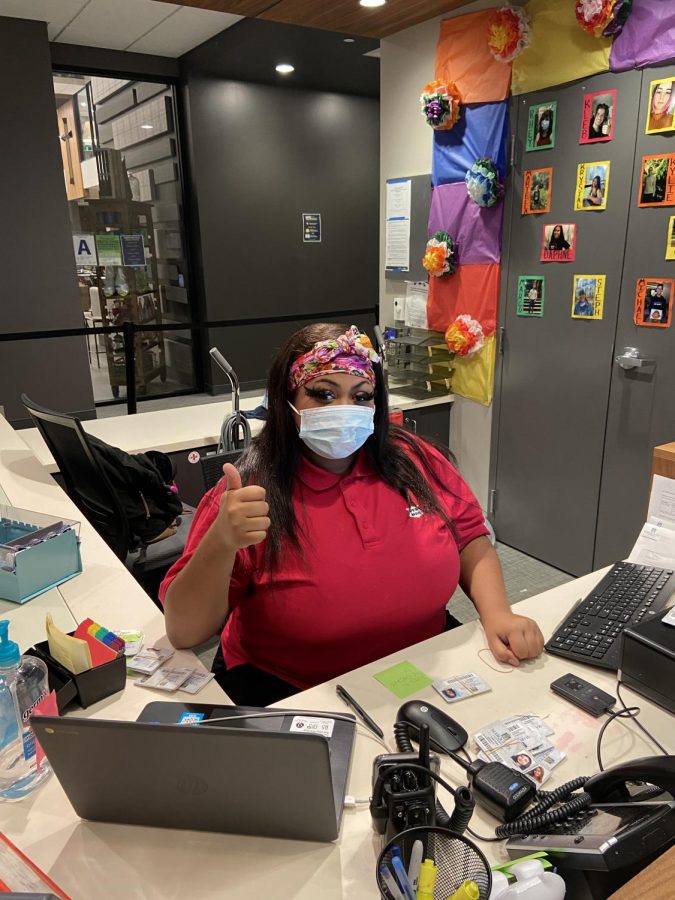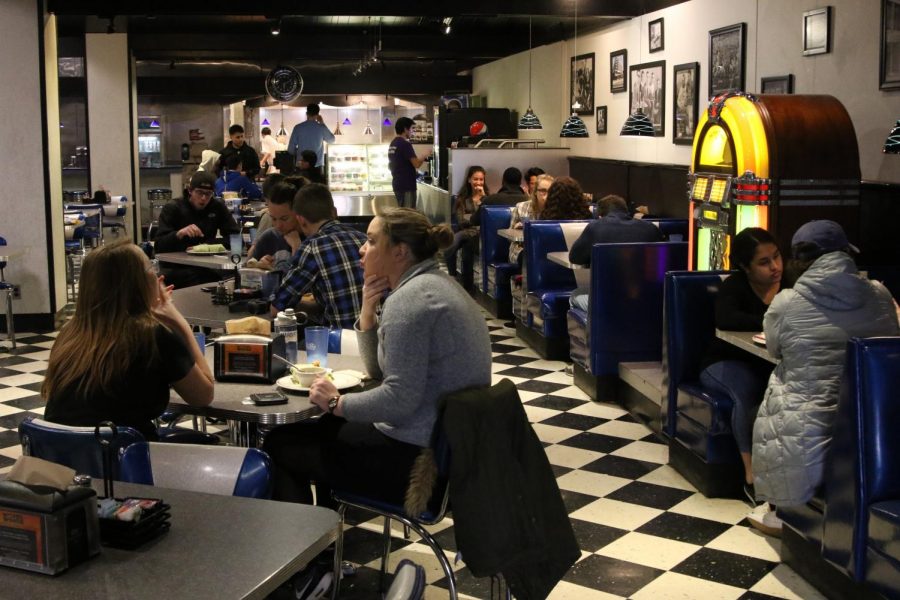The Backpack Program, a free and confidential Marquette University service that provides groceries to more than 50 students in need, relaunched this semester in a new location.
Originally based out of two mini fridges in faculty and staff offices, the program struggled to meet demand.
Program coordinator Noreen Siddiqui said the service moved Aug. 14 into a space in Mashuda Hall. Now, it has two full-sized fridges and a storage room, Mitchell Adam, another program coordinator, said.
“Being in the faculty offices… there simply wasn’t room for the things we needed to do,” Adam said.
Adam said the new space allows the program to house more items, keep nonperishables for longer and offer more fresh food.
The move to Mashuda was made possible through purchases of McCormick Hall memorabilia before and during its demolition, such as koozies and room signs. About $82,000 has been raised so far for the Backpack Program, said Stacy Mitz, senior associate vice president for University Advancement.
There was a one-week online auction for original room signs from McCormick, she said. The auction raised about $25,000, with the highest bid for a room sign reaching more than $500. More than 3,000 donors contributed to the funds, and more than 1,000 were first-time donors to the university, Mitz said.
“The tradition and memories of McCormick created a platform to promote this important effort, and our alumni, parents, and students came forward with wonderful support,” Mitz said in an email.
The money raised will not just go toward food though. It also provides hygiene products if necessary. Students fill out an intake form on the program’s website, where they can specify their dietary restrictions, how often they will need to utilize the Backpack Program and whether they need other household products, program coordinator Lindsay Billig said.
Siddiqui said the program estimates that more than half of its users have dietary restrictions. Billig said the program tries to make sure its products are culturally sensitive, such as providing shampoos that work for different types of hair.
Siddiqui noted that there are no qualifications to be eligible for the program, other than being a student at Marquette.
“We know the more barriers that are put in place — asking for documentation, asking students to affirm that they need this — is going to reduce use,” Siddiqui said.
Billig said program coordinators want as many participants as possible to feel comfortable using the program.
Each grocery bag provides two to three days of food and is made for specific students to account for dietary restrictions and personal needs. Once the backpack coordinators put together what a student asks for, Billig said the student can come pick up the reusable bags during the program’s drop-in hours in Mashuda Hall.
The Backpack Program is still determining its weekly hours, Siddiqui said. The program worked with Marquette University Student Government to create brochures and a logo.
The program is also planning to advertise at O-Fest, since Siddiqui said the program is looking to increase usership this semester and gain volunteers.
“There is a lot of potential for growth, especially with the donations (from McCormick),” Billig said.
Wendy Volz Daniels, an adjunct associate professor and internship director for social and cultural sciences, told her social work and policy class about the program when she learned of its efforts. She is including its services in her class syllabus this semester.
“I don’t think that we think about hungry students on our campus because so many of our students are coming from higher socioeconomic families, but we have a lot of students … who come from low-income families,” Volz Daniels said.

